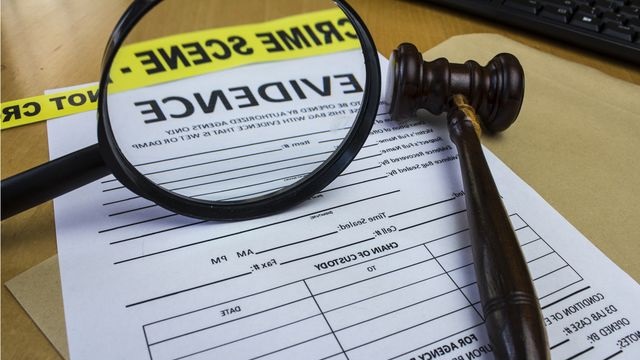Burden of proof in civil cases

Burden of proof is the duty of a party to present evidence on the facts in issue necessary to establish his/her claim or defense by the amount of evidence required by law. (See Section 1 of Rule 131 of the Rules of Court)
The burden of proof is always on the person who brings a claim in a dispute. It is often associated with the Latin maxim semper necessitas probandi incumbit ei qui agit, a translation of which in this context is: "the necessity of proof always lies with the person who lays charges." https://en.wikipedia.org/wiki/Burden_of_proof_(law).
In civil cases, the quantum of evidence required to sustain the proponent of an issue is preponderance of evidence. The burden of proof is on the party who would be defeated if no evidence were given in either side, the plaintiff with respect to his complaint, the defendant with respect to his counterclaim, and the cross-claimant, with respect to his cross-claim.
Preponderance of the evidence is one type of evidentiary standard used in a burden of proof analysis. Under the preponderance standard, the burden of proof is met when the party with the burden convinces the fact finder that there is a greater than 50% chance that the claim is true. This is the burden of proof in a civil trial. https://www.law.cornell.edu/wex/preponderance_of_the_evidence.
Preponderance of the evidence, also known as balance of probabilities, is the standard required in most civil cases and in family court determinations solely involving money, such as child support, and in child custody determinations between parties having equal legal rights respecting a child (typically the parents of a child who are divorced, separated, or otherwise living apart, assuming that neither has been found unfit). It is also the burden of proof of which the defendant must prove affirmative defenses or mitigating circumstances in civil or criminal court. In civil court, aggravating circumstances also only have to be proven by a preponderance of the evidence, as opposed to beyond reasonable doubt (as they do in criminal court). https://en.wikipedia.org/wiki/Burden_of_proof_(law)#Preponderance_of_the_evidence.



